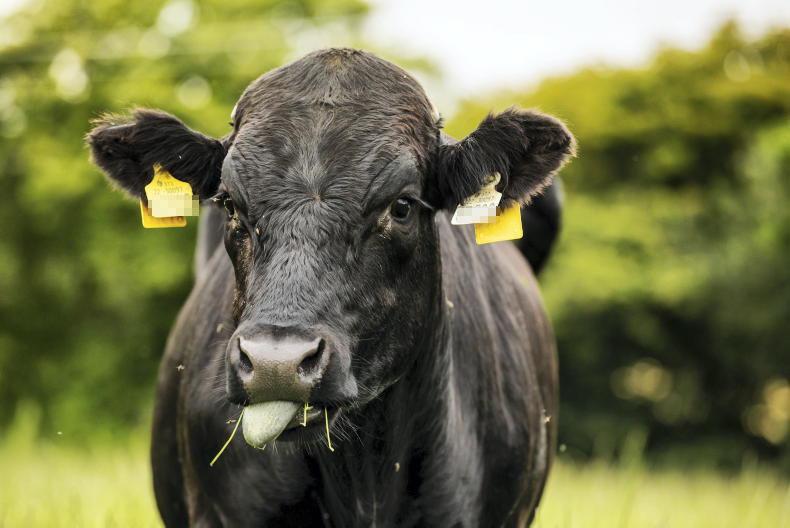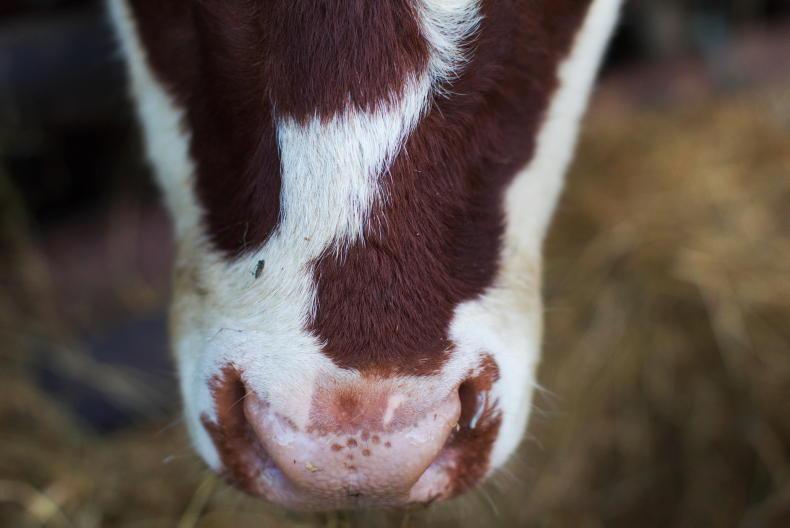“We raised this issue with the European Commission: it is time to evaluate the level of danger associated with each strain” of bluetongue, Jean-Pierre Fleury, beef chair of the EU-wide farming organisation COPA-COGECA and former chair of the French beef farmers’ union FNB, told the Irish Farmers Journal during a visit to Ireland this week.
The European Food Safety Agency (EFSA) has been reviewing bluetongue management measures and announced it would issue its evaluation of the risks posed by the virus’s 26 different strains at the end of this month.
“This will help identify specific protection and control measures,” the agency said.
We know strain after strain will spread with climate change
“Does every strain justify a shutdown? We know strain after strain will spread with climate change and sanitary rules must be adapted,” Fleury said. The disease is transmitted through midges. It was previously constrained to tropical and Mediterranean areas, but it has crossed the entire French territory since September 2015, with cases reported near the English Channel coast last month.
Vaccination
In addition to control measures around thousands of infected farms, all French cattle and sheep destined for live exports are now vaccinated and a number of countries have closed their borders to French animals.
Initial findings from the EFSA’s bluetongue review concluded recently that “eradication of bluetongue is very difficult – at least five consecutive years of vaccination covering 95% of susceptible cattle and sheep would be needed,” followed by long-term tight surveillance.
Fleury expects a revision of EU bluetongue rules based on the full EFSA assessment, which will then need to be approved by the World Organisation for Animal Health (OIE).
Read more
’Major European beef crisis’ without orderly Brexit transition – EU farm rep
“We raised this issue with the European Commission: it is time to evaluate the level of danger associated with each strain” of bluetongue, Jean-Pierre Fleury, beef chair of the EU-wide farming organisation COPA-COGECA and former chair of the French beef farmers’ union FNB, told the Irish Farmers Journal during a visit to Ireland this week.
The European Food Safety Agency (EFSA) has been reviewing bluetongue management measures and announced it would issue its evaluation of the risks posed by the virus’s 26 different strains at the end of this month.
“This will help identify specific protection and control measures,” the agency said.
We know strain after strain will spread with climate change
“Does every strain justify a shutdown? We know strain after strain will spread with climate change and sanitary rules must be adapted,” Fleury said. The disease is transmitted through midges. It was previously constrained to tropical and Mediterranean areas, but it has crossed the entire French territory since September 2015, with cases reported near the English Channel coast last month.
Vaccination
In addition to control measures around thousands of infected farms, all French cattle and sheep destined for live exports are now vaccinated and a number of countries have closed their borders to French animals.
Initial findings from the EFSA’s bluetongue review concluded recently that “eradication of bluetongue is very difficult – at least five consecutive years of vaccination covering 95% of susceptible cattle and sheep would be needed,” followed by long-term tight surveillance.
Fleury expects a revision of EU bluetongue rules based on the full EFSA assessment, which will then need to be approved by the World Organisation for Animal Health (OIE).
Read more
’Major European beef crisis’ without orderly Brexit transition – EU farm rep








SHARING OPTIONS